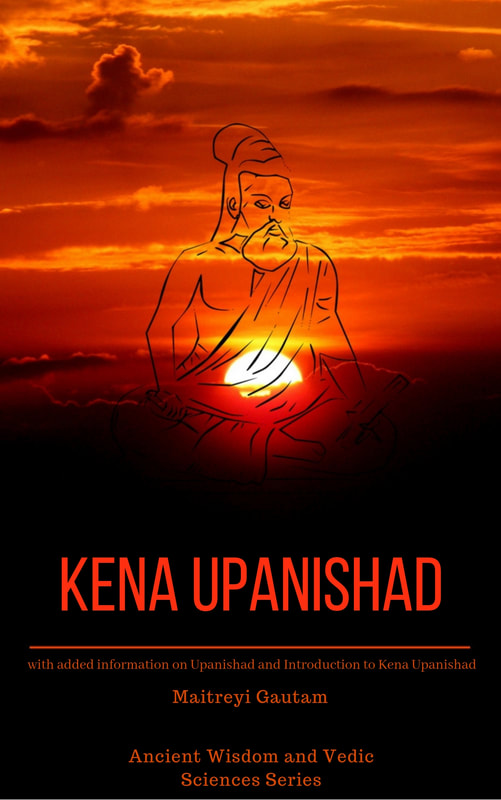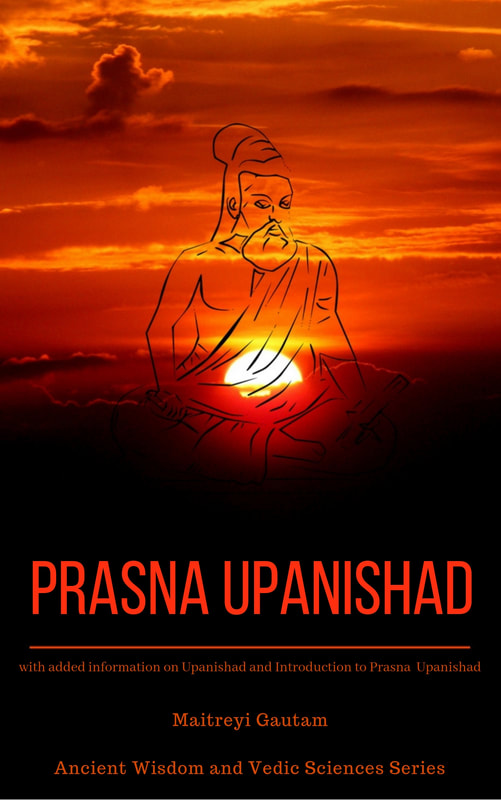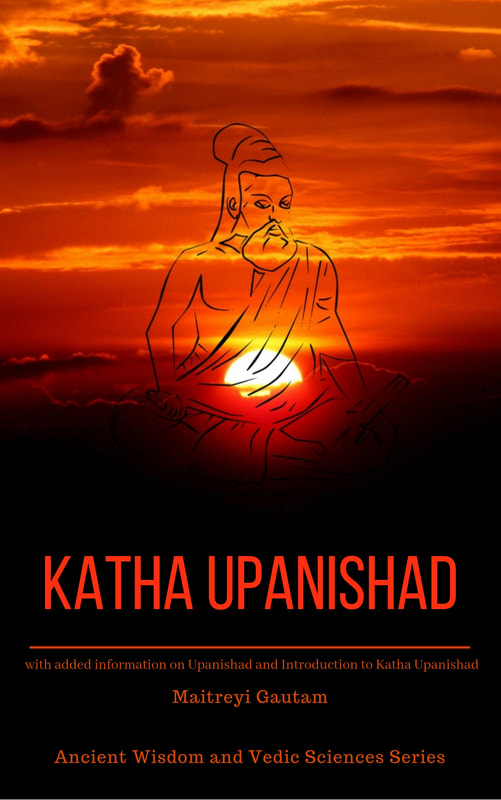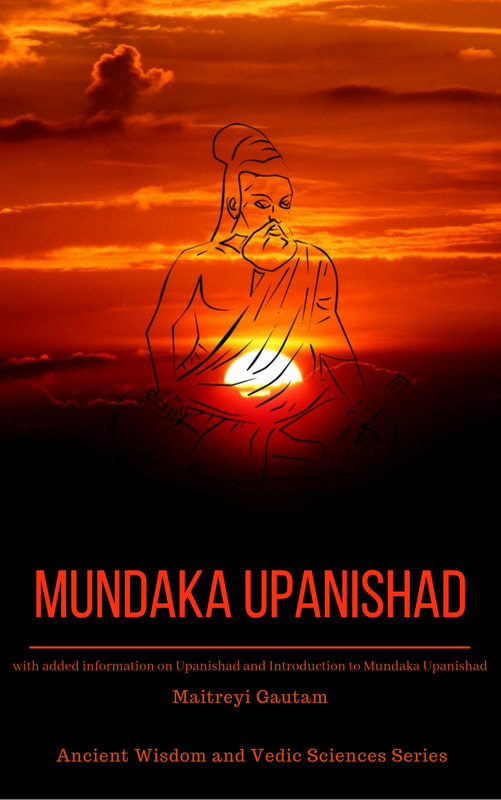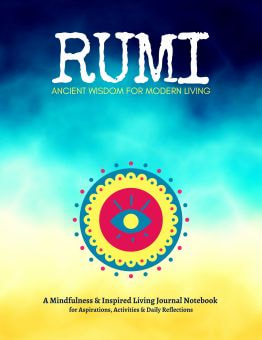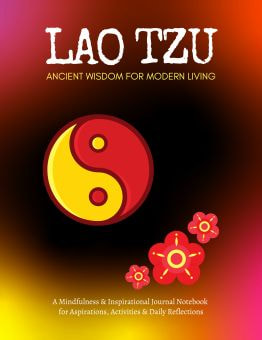Significance of the Shravan Month
Shravan, also referred to as Sawan, holds a place of tremendous significance within the Hindu calendar. This month, typically falling between July and August, is considered to be one of the holiest months of the year, presenting opportunities for devotees to engage in religious rituals and ceremonies with amplified spiritual benefits. This reverence is primarily associated with the auspicious connection between this month and Lord Shiva, one of the chief deities in Hinduism.
The importance of Shravan is encapsulated within various Hindu scriptures and Puranas, which recount tales of Lord Shiva's immense grace and magnanimity. It is believed that devotees who sincerely worship Lord Shiva during Shravan are granted his blessings more readily, leading to the removal of obstacles and the fulfillment of desires.
Furthermore, the month's inherent spiritual potency is thought to enhance the power of penance, prayer, and fasting, rendering these practices particularly effective for spiritual growth and the attainment of moksha, or liberation from the cycle of rebirth.
The importance of Shravan is encapsulated within various Hindu scriptures and Puranas, which recount tales of Lord Shiva's immense grace and magnanimity. It is believed that devotees who sincerely worship Lord Shiva during Shravan are granted his blessings more readily, leading to the removal of obstacles and the fulfillment of desires.
Furthermore, the month's inherent spiritual potency is thought to enhance the power of penance, prayer, and fasting, rendering these practices particularly effective for spiritual growth and the attainment of moksha, or liberation from the cycle of rebirth.
Observances and Rituals
The practices undertaken by devotees during Shravan vary across different regions, but there are some common rituals that underline the month's spiritual significance. One such observance is the Shravan Somvar Vrat, or the Monday fasts. Mondays, or 'Somvar' in Hindi, are considered auspicious for the worship of Lord Shiva. During Shravan, many devotees observe fasting from sunrise to sunset every Monday to honor Shiva and seek his blessings.
The ritual of Rudra Abhishek, or the holy bath of the Shiva Lingam, is another popular practice during this month. Devotees pour water, milk, honey, and other offerings over the Shiva Lingam while reciting mantras to invoke divine energies.
This ritual is believed to purify the surroundings and bring peace, prosperity, and happiness to the worshipper's life. In addition to these practices, many devotees undertake pilgrimage journeys, known as 'Kanwar Yatra', to fetch holy water from the river Ganga and pour it over Shiva Linga in their local temples.
The ritual of Rudra Abhishek, or the holy bath of the Shiva Lingam, is another popular practice during this month. Devotees pour water, milk, honey, and other offerings over the Shiva Lingam while reciting mantras to invoke divine energies.
This ritual is believed to purify the surroundings and bring peace, prosperity, and happiness to the worshipper's life. In addition to these practices, many devotees undertake pilgrimage journeys, known as 'Kanwar Yatra', to fetch holy water from the river Ganga and pour it over Shiva Linga in their local temples.
Festivals During Shravan
Shravan is also a month rich in festivals, each contributing to the celebratory and devotional atmosphere. One of the main festivals is Raksha Bandhan, a celebration of the bond between brothers and sisters. On this day, sisters tie a protective thread, or 'rakhi', around their brothers' wrists, and in return, brothers offer gifts and pledge to protect their sisters.
Another significant festival is Janmashtami, which marks the birth anniversary of Lord Krishna, an avatar of Lord Vishnu. This festival involves various traditions such as fasting, singing devotional songs, and re-enacting episodes from Krishna's life. Nag Panchami, a day dedicated to the worship of snakes, and Shravan Shivaratri, a night dedicated to Lord Shiva, are other notable occasions during this month.
These festivals, alongside the regular observances and rituals, make Shravan a month of heightened spiritual activities. Each element contributes to the overall significance of Shravan, making it a time for deep introspection, devotion, and spiritual advancement.
Another significant festival is Janmashtami, which marks the birth anniversary of Lord Krishna, an avatar of Lord Vishnu. This festival involves various traditions such as fasting, singing devotional songs, and re-enacting episodes from Krishna's life. Nag Panchami, a day dedicated to the worship of snakes, and Shravan Shivaratri, a night dedicated to Lord Shiva, are other notable occasions during this month.
These festivals, alongside the regular observances and rituals, make Shravan a month of heightened spiritual activities. Each element contributes to the overall significance of Shravan, making it a time for deep introspection, devotion, and spiritual advancement.












